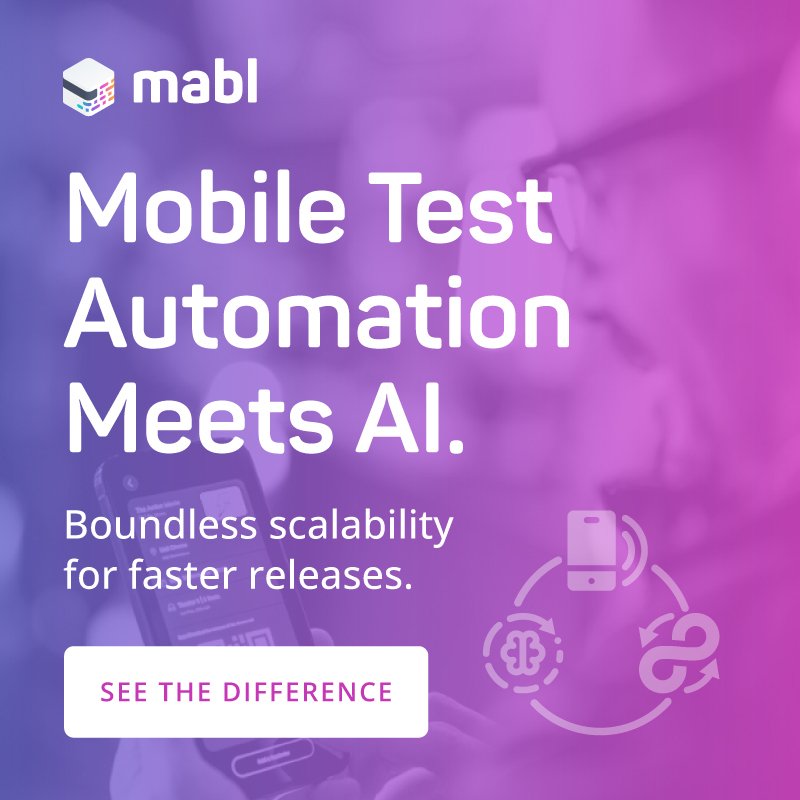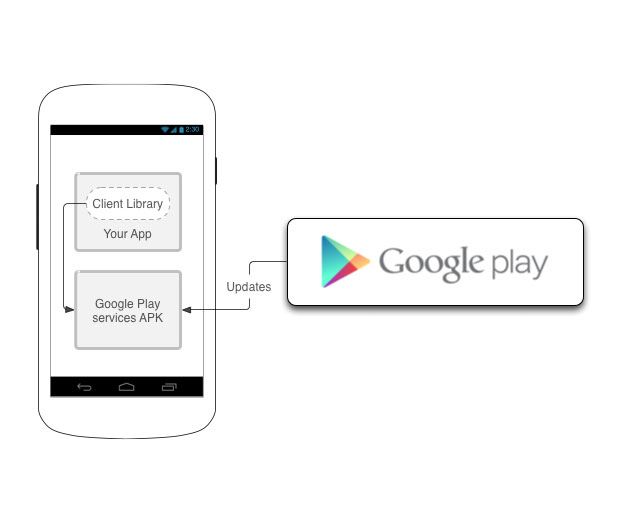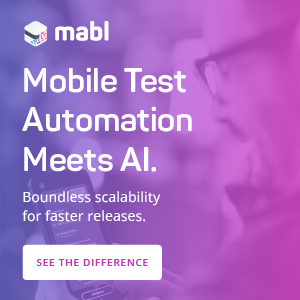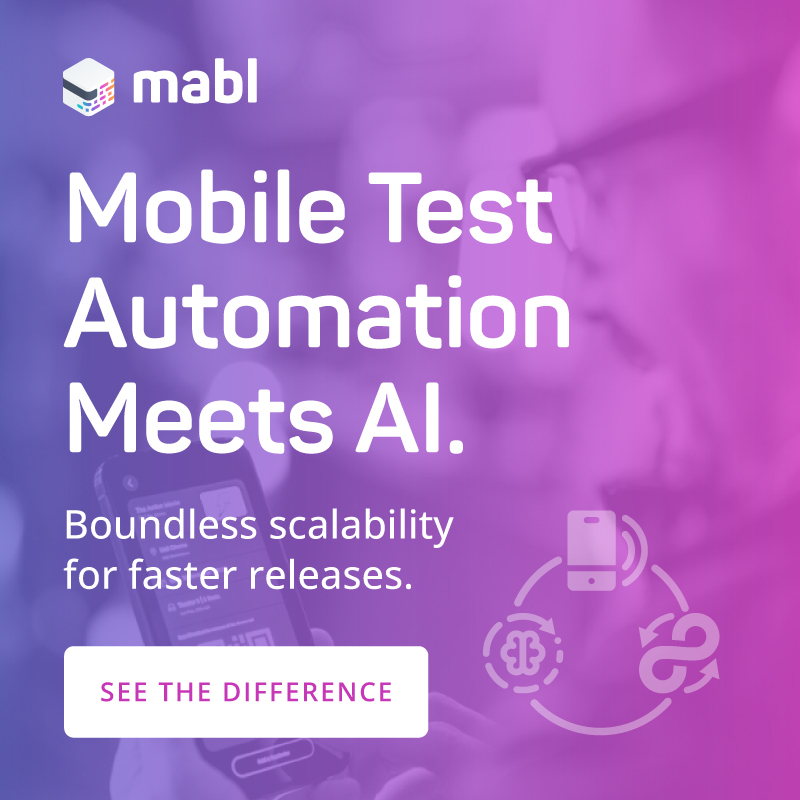Google Play Services 7.5 Offers New APIs, Security and More
Wednesday, June 3, 2015

|
Richard Harris |
Google Play Services 7.5 was announced at Google IO offering new capabilities and optimizations to devices across the Android ecosystem. Included in the release is the addition of Smart Lock for Passwords, Instance ID, new APIs for Google Cloud Messaging and Google Cast, as well as access to the Google Maps API on Android Wear devices. The 7.5 SDK is now available for download.
What’s New:
- Smart Lock for Passwords: Builds on the Chrome Password Manager, adding a new CredentialsApi API and UI on Android to retrieve saved credentials as part of the login process and saving new credentials for later use on other Android devices and any Chrome browser. Both password-based and Identity Provider (IDP, like Google Sign-In) credentials are supported. This lets users stay logged in as they move between and to new devices; don’t let them drop off, get frustrated, or end up with multiple accounts.
- Instance ID (IID): Allows mobile developers to retrieve a unique identifier for every app instance, providing a mechanism to authenticate and authorize actions, even if the app does not have user registration and accounts. For example, this allows the ability to uniquely determine which app instance is sending a request from by including the Instance ID token. And it is also easier to handle edge cases to ensure that developers will have valid Instance ID tokens.
- Google Cloud Messaging (GCM): Gives developers a battery efficient mechanism for sending information to users as well as send upstream messages from a device to a server.
- Google Cloud Messaging and InstanceID: Previously, GCM used a unique registration ID to refer to each device - while these IDs will continue to work, developers can now utilize Instance ID tokens for GCM, gaining all of the advantages of InstanceID around handling error cases. Instance ID tokens are fully compatible with user notifications, allowing the ability to send notifications to all of a user's devices.
Developers will also get another new feature for switching to InstanceID with GCM - topic based subscriptions which makes it easy to publish a message to exactly the right audience and have GCM handle all the heavy lifting of sending to all subscribed instances. An app can subscribe to multiple topics, allowing developers to create any set of topics needed to best handle an app’s messaging needs.
- Receiving messages with GCM: Receiving GCM messages can now be done using a GcmReceiver and a subclass of GcmListenerService. These two classes make it easy to help an app reliably process messages, even when the device is awakened from deep sleep.
- GCM Network Manager: The GCM Network Manager APIs handles many of the common implementation patterns such as waiting for network connectivity, device charging, network retries, and backoff. GcmNetworkManager will schedule background tasks when it is most appropriate and it can batch multiple tasks together for efficiency and battery savings, even utilizing the JobScheduler APIs for best performance on Android 5.0+ devices. With support for both one-off tasks and periodic tasks, this API serves as a flexible framework for many different types of operations.
- App Invites Beta: In beta, App Invites is new functionality for both Android and iOS that provides a standard UI for users to invite their contacts to install an app and optionally deep link specifically to selected content, using users’ device and Google-wide contacts as a source to drive referrals to increase the reach of an app.
- Google Cast: There is new ability to use remote display on any Android, iOS, or Chrome app, better media support, and better game support. The Remote Display API makes it easier for mobile developers to bring graphically intensive apps or games to Google Cast receivers with Google Cast Remote Display APIs for Android and iOS. RemoteMediaPlayer is gaining a full media queue and support for autoplay for a seamless media playback experience. The are also new GameManagerClient and the Game Manager APIs for Google Cast, available for Android, iOS, Chrome, and for receivers.
- Android Wear: With the new release, developers can now use the Maps APIs on Android Wear devices: This makes it possible to display fully interactive maps, as well as lite mode maps, directly on Android Wear devices. Developers will be able to scroll and zoom interactive maps, show the user’s current location, and more.
- Google Fit: Developers can now use the RecordingApi for gathering estimated distance traveled and calories burned data, making it available to an app and other Google Fit enabled apps via the HistoryApi.
Read more: https://developers.google.com/android/

Become a subscriber of App Developer Magazine for just $5.99 a month and take advantage of all these perks.
MEMBERS GET ACCESS TO
- - Exclusive content from leaders in the industry
- - Q&A articles from industry leaders
- - Tips and tricks from the most successful developers weekly
- - Monthly issues, including all 90+ back-issues since 2012
- - Event discounts and early-bird signups
- - Gain insight from top achievers in the app store
- - Learn what tools to use, what SDK's to use, and more
Subscribe here














